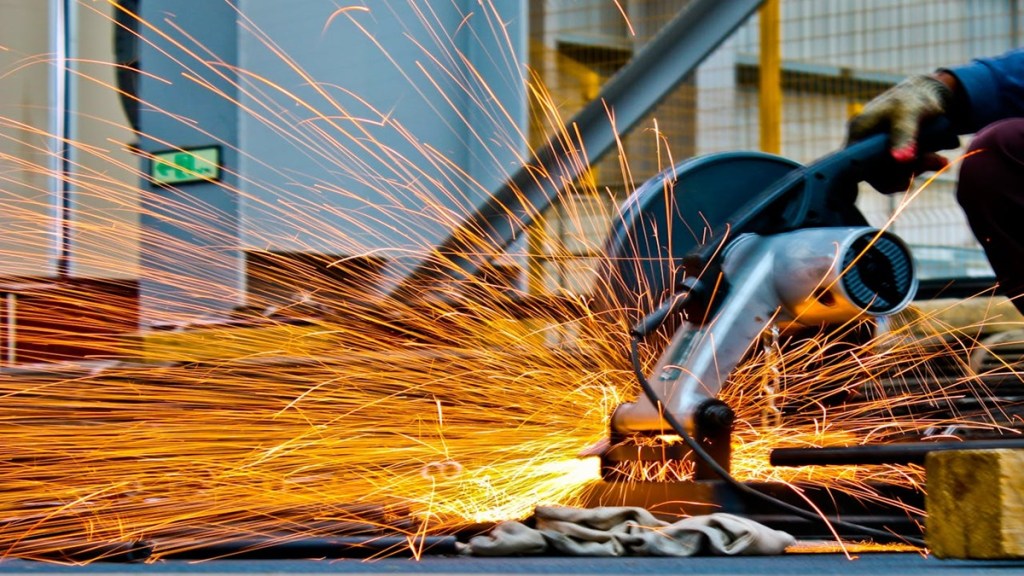The new safety regulations for machinery and electrical equipment introduced by the government and set to take effect in August 2025 pose emerging challenges for MSMEs, said credit rating agency Infomerics Ratings in a report on Tuesday.
These regulations align Indian safety practices with global standards, but compliance could be burdensome for small businesses due to financial, technical, and infrastructural constraints, said Dr Manoranjan Sharma, Chief Economist, Infomerics Ratings in the report India’s MSME Industry: MSME Growth in Focus: Key Budget 2024-2025 Initiatives and their Impact.
MSMEs, which make up 90 per cent of the 1,50,000 affected manufacturers, may struggle to meet the stringent safety and conformity requirements set by the Bureau of Indian Standards (BIS), the report noted especially as the regulations apply to over 50,000 types of machinery, including industrial equipment critical to MSME operations such pumps, compressors, centrifuges, cranes, looms, metal-cutting tools, transformers, and switchgear, which fall under 463 tariff lines.
Moreover, delays in importing essential machinery, along with the lack of certified technical consultants and trainers, further exacerbate these challenges.
The Ministry of Heavy Industry on August 28, 2024 had introduced the Machinery and Electrical Equipment Safety (Omnibus Technical Regulation) Order, 2024, which aims to bring in stringent safety standards for machinery and electrical equipment manufactured or imported into India, aimed at aligning Indian safety practices with global norms.
For coverage, the order introduced three categories of safety standards. First, type A standards which are general safety guidelines applying to all machinery, emphasizing safe design, hazard identification, and risk assessment. Here, companies must comply with IS 16819:2018/ISO 12100:2010, which outlines general safety principles.
Second, is type B standards which are generic safety standards that cover features like emergency stop functions or electrical safety, applicable across different types of machinery. Third is type C standards which are machine-specific safety standards.
Earlier this month, think tank GTRI had noted in its report that adapting to the three levels of machine safety standards within the one-year timeframe presents a near-impossible challenge for these smaller firms.
Moreover, financial and technical barriers will pose significant hurdles for MSMEs, with compliance costs ranging from Rs 50,000 to Rs 50 lakh depending on the type of machinery and the standards required, according to GTRI.
The think tank suggested that the government should delay implementation and help the industry prepare.
Meanwhile, Infomerics Ratings said that while challenges, such as compliance with new safety regulations persist, the budgetary provisions are expected to enhance the sector’s contribution to GDP, employment, and exports.
The government in the full budget this year had announced for MSMEs including a credit guarantee scheme, new MSME credit assessment model by public sector banks, doubling Mudra loan limit, more liquidity for MSMEs on TReDS, and more.
“These measures are expected to have a highly positive impact,” the report said.

